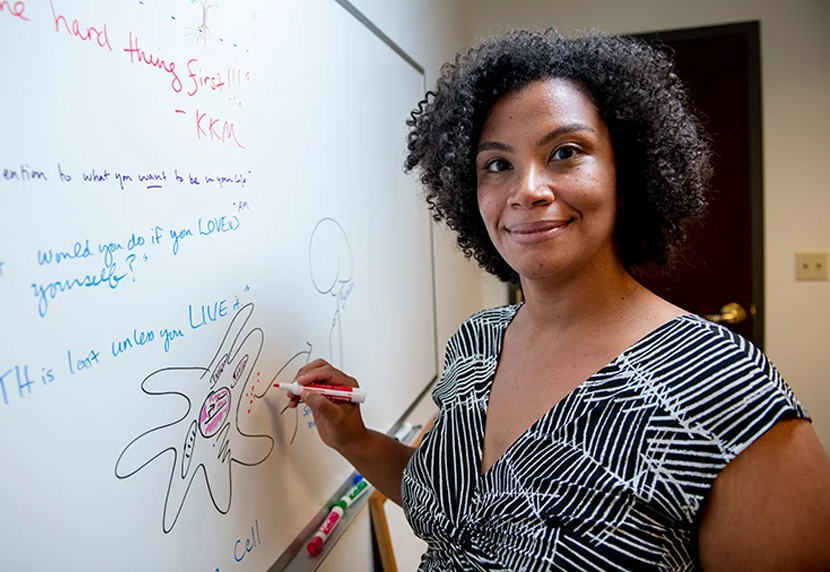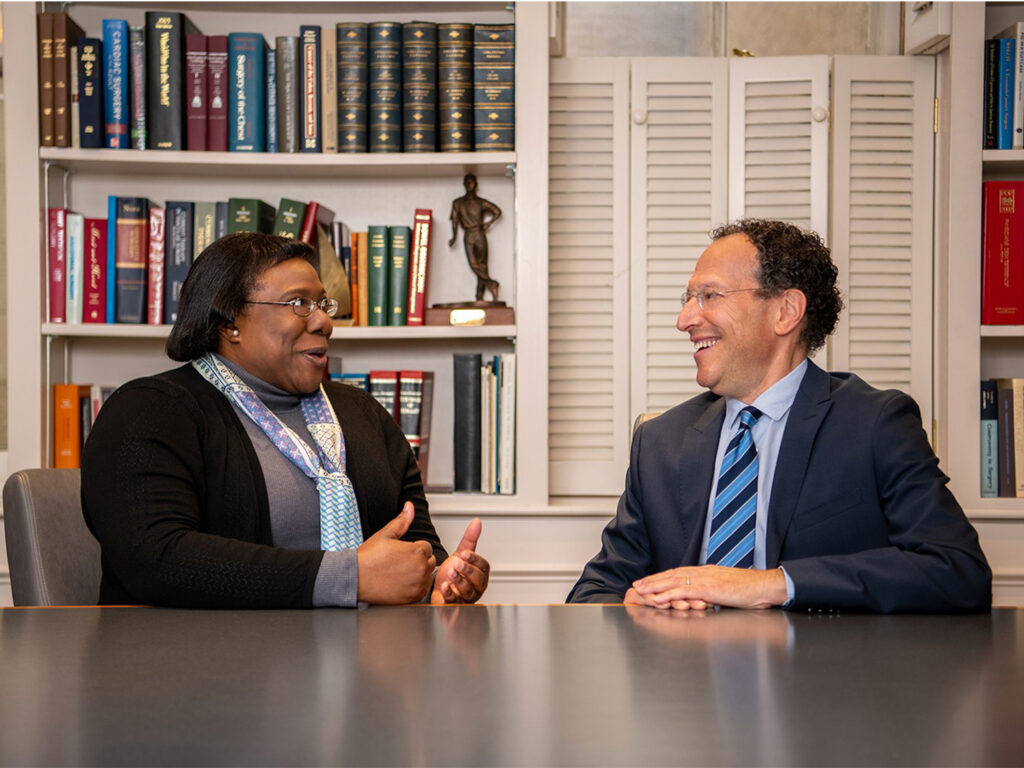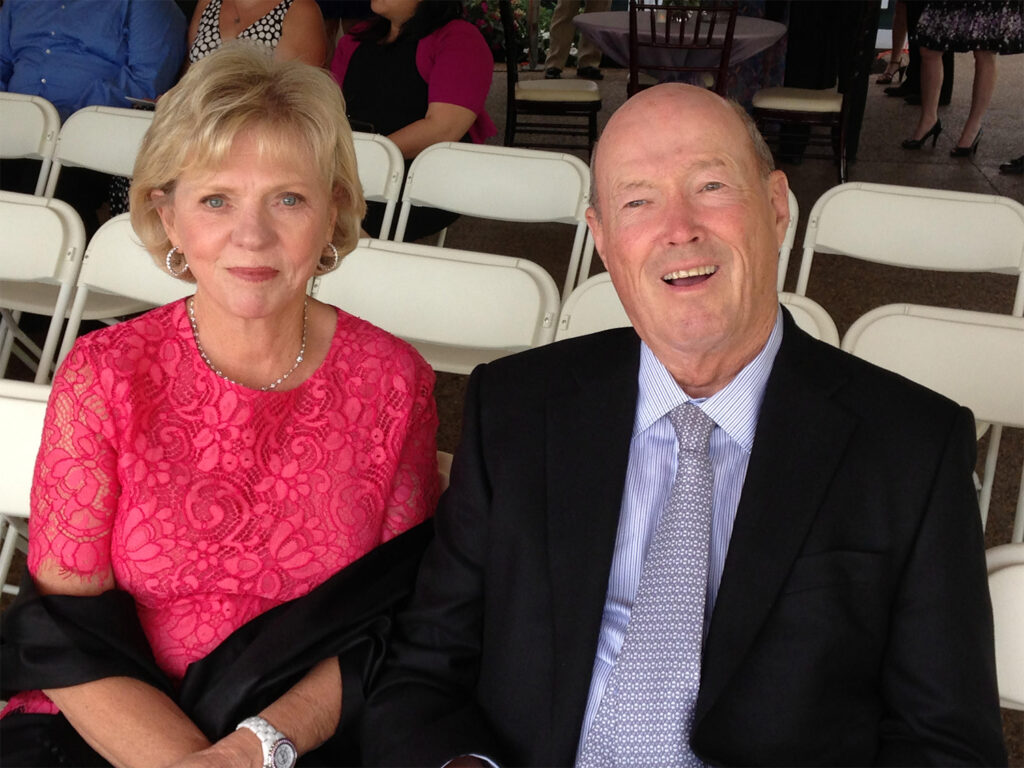On May 3, 2023, Surgeon General Vivek H. Murthy, MD, MBA, declared loneliness and social isolation an epidemic and public health crisis in the U.S.
“Given the significant health consequences of loneliness and isolation, we must prioritize building social connection the same way we have prioritized other critical public health issues such as tobacco, obesity and substance use disorders,” Dr. Murthy stated in a Surgeon General Advisory. “Together, we can build a country that’s healthier, more resilient, less lonely and more connected.”
For Daphne Holt, MD, PhD, physician-scientist within the Department of Psychiatry at Massachusetts General Hospital, this statement rings especially true. An MGH Research Scholar 2018-2023, Dr. Holt is a researcher aiming to address these exact issues, by conducting brain imaging research and testing interventions to help those experiencing loneliness feel connected and secure in their communities.
“Social connection is a biological need, just like sleeping or drinking water,” Dr. Holt explains. “Everyone has a ‘set point’ for how much social interaction and connection they require, and when that need isn’t being met, our bodies cannot properly maintain stability.”

The Long-Term Effects of Loneliness
The strain of chronic loneliness can lead to consistently high levels of cortisol and other stress hormones in the body, which can have detrimental effects on physical health. Loneliness disproportionately affects members of vulnerable groups, such as those suffering from schizophrenia and other psychotic disorders.
In fact, 80 percent of those vulnerable groups experience chronic loneliness, and possibly related negative health outcomes. Loneliness is also a risk factor for the development of a range of psychiatric disorders, including depression, anxiety and suicidal ideation. And chronic loneliness is linked to a higher incidence of cardiac disease, stroke and premature mortality.
Dr. Holt’s research in this area includes collecting functional MRI data from the brains of those experiencing loneliness to measure the brain’s response to proximity to others. The goal of this study is to learn how loneliness relates to brain activity, ultimately identifying measurable brain responses in order to create treatments for chronic loneliness that systematically targets those responses.
A New Approach to Creating Connections
Despite the known impact of loneliness on health outcomes over a person’s lifespan, to date behavioral interventions focused on reducing loneliness have primarily targeted older adult populations and have shown only moderate efficacy.
Dr. Holt’s research has led her to create an intervention called Resilience Training (RT): a brief four-session, group-based behavioral intervention developed for young adults, primarily college students, who have mild risk factors for developing a psychiatric disorder. The program teaches participants resilience-enhancing skills including mindfulness, self-compassion and mentalization, through educational material, experiential exercises and group discussions. And the outcomes are promising.
A randomized controlled trial showed that, following the program, participants experienced reductions in non-severe psychotic symptoms, depression, anxiety and loneliness, as well as improvements in resilience, mindfulness, self-compassion and an overall positive affect. These findings are helping researchers and clinicians identify the most effective methods to aid individuals experiencing loneliness and social isolation in forming positive social connections and building community.
To learn more about Dr. Holt’s research on loneliness, please contact us.





